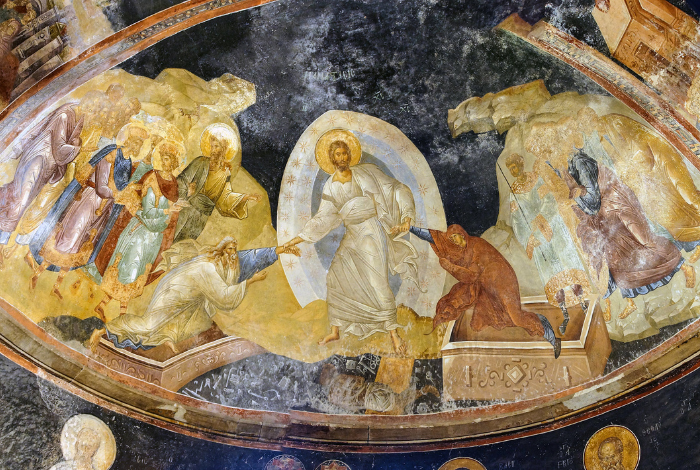◎謝進(Chun Tse, Carey Theological College 新約助理教授)
Pentecost signifies the inception of the New Testament Church when, on the seventh Sunday following Easter, the Holy Spirit descended upon the apostles and, following Peter’s preaching, three thousand individuals were saved, as recounted in Acts 2:1-41. Apart from its historical significance, what is the theological significance of Pentecost?1
Pentecost marked the transition between the work of the Spirit in the old covenant to the new covenant. At Pentecost, the Spirit of Christ indwelled the corporate church. This corporate indwelling is distinguished from the individual indwelling of the Spirit of Christ in the believer to unite him or her to Christ through faith during regeneration (John 3:3–8; Ezek 36:25–27). As such, Pentecost signifies that the fullness of the Spirit in Christ is now also in the corporate church, the body of Christ. What indwells the head also indwells the body. The believer, at regeneration, was individually baptized by Jesus, with the Spirit, to join the universal church, which Jesus baptized at Pentecost. In a real sense, this individual baptism by the Spirit is, for the believer, a personal Pentecost.

The two baptisms, the corporate baptism of the church and the individual baptism of the believer, though separated by time, are logically and spiritually one single event by having the same baptizer, Christ, and the same instrumentality of baptism, the Spirit. The baptism of the corporate church at Pentecost, in turn, unites the church to Jesus’ death and resurrection. This corporate baptism existentially cleansed the church, judicially justified the church, relationally adopted the church, and morally sanctified the church, all decisively and definitively, as his witness and representation on earth.
Significantly, Pentecost was an event that happened after Jesus’ resurrection and ascension. The church, hence, is not just united to Jesus but to a resurrected and ascended Jesus. Undeniably, only the resurrected and ascended Jesus can give the Spirit to the corporate church. Union with Christ in the corporate sense means that the Spirit who is now in the exalted Christ is the same Spirit who now indwells the corporate church. Peter expounded on this truth in his sermon at Pentecost: “This Jesus God raised up, and of that we all are witnesses. Being therefore exalted at the right hand of God, and having received from the Father the promise of the Holy Spirit, he has poured out this that you yourselves are seeing and hearing” (Acts 2:32–33).

As believers ponder their salvation, not only are they personally identified with Christ, but they are also corporately united to Christ—the ideal of “I will be your God, and you will be my people” is actualized. A proper understanding of these truths of Pentecost, both personal and corporate, will enhance the assurance and joy of believers.
1 This article is adapted from Chun Tse, Assurance of Adoption: A New Paradigm for Assurance of Salvation (Eugene, OR: Wipf & Stock, 2020), 113–114, 132–133.











